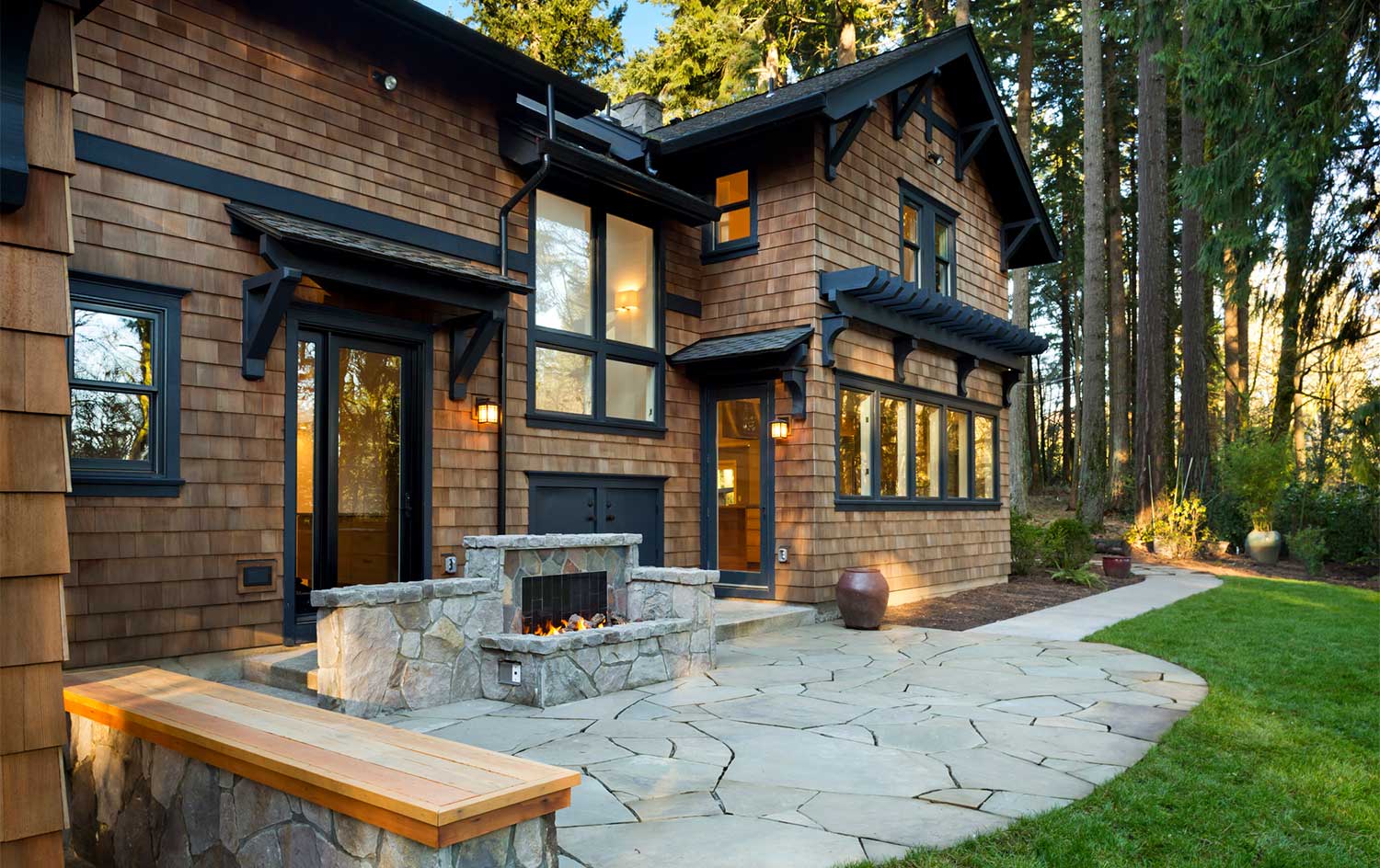The Ultimate Home Appraisal Checklist
There’s value in preparing for an appraisal—literally


Having an appraisal done on your home can be a stressful experience, especially if you don’t know what to expect. Preparing for the inspection will not only make the process go a bit more smoothly but can actually help you boost your home’s appraised value. Use this home appraisal checklist to prepare for your appraisal and have your home ready for the inspection.

Exterior Appraisal Checklist

First, the appraiser you hire will inspect the exterior of your home, beginning with a first impression based on curb appeal. The expert will look at the following to determine the value of your home and its condition, so focusing your efforts on related repairs or updates could go a long way.
Roof condition
Presence of gutters and downspouts
Condition of the foundation, including cracks and chipping
Land size and usability
Chimney condition
Quality of landscaping and hardscaping
Sidewalk, driveway, and walkway condition
Garage type and condition
Type and condition of siding and exterior trim
Age and condition of windows
Presence of exterior lighting
Presence of in-ground sprinklers, alarm systems, and other amenities that add value to the home
Condition and placement of any exterior HVAC equipment
Condition, placement, and legality of any outbuildings
Interior Appraisal Checklist
Once the local appraiser completes their exterior inspection, they’ll move inside. They’ll normally complete a ground-up inspection on the interior, including a look at the basement or crawl space, all main floors, and any attic space.
Flooring condition
Condition of drywall, paint, and trim
Condition and age of windows and doors
Presence of insulation in exposed areas, like attics and utility closet walls
Condition and age of heating and cooling equipment
Condition and age of major appliances, including fridge, oven, microwave, dishwasher, washer, and dryer
Type of sewage system
Functionality and proper placement of light switches, outlets, and light fixtures
Quality of cabinets and countertops in kitchens and bathrooms
Proper functionality of plumbing fixtures and appliances
Interior square footage
Number of bedrooms and bathrooms
Proper placement of egress windows and doors from all living areas
Health and Safety Checklist
Most house appraisers will also run through a health and safety checklist, which confirms that the home is habitable and safe for whoever is purchasing the home. Some mortgages, like those backed by the Federal Housing Administration (FHA) or the United States Department of Veterans Affairs (VA), may not be viable if there are existing health and safety issues. As such, these are especially important things to pay attention to when preparing for a VA or FHA home appraisal inspection:
Presence of mold
Evidence of termite damage or pest infestation
Missing or misplaced handrails on stairs
Sloped or uneven flooring that could act as a trip hazard
No broken or cracked glass
No missing light bulbs
Functioning GFCI outlets in bathrooms and kitchens
Presence of functioning smoke and CO detectors
Peeling paint in homes built in or before 1978
Presence of asbestos floor tiles or insulation that isn’t properly encapsulated
Maintenance Checklist
Most homeowners will want to improve the appraisal value of their home to get the most out of the sale. It’s a good idea to run through your own maintenance checklist for an appraisal to touch on the things that will have the biggest effect on property value and budget for minor repairs or upkeep in addition to the cost of the home appraisal itself.
Ensure all rooms are easily accessible and free from clutter.
Mow and edge the lawn to maximize curb appeal
Consider mulching flower beds and even upgrading your landscaping to create a good first impression
Get an HVAC tuneup done to ensure the equipment is working properly
Clean your gutters to ensure no debris is visible over the top
Power wash your siding, driveway, and walkways
Update old electrical and plumbing fixtures
Consider a fresh coat of paint on the walls
Sand and refinish wood floors if they’re in poor condition
Clean windows and exterior doors
Ensure the basement or crawl space is dry
Seal any small foundation cracks
Make sure your appliances and plumbing fixtures work properly
Clear any slow-draining fixtures in your home
Home Appraisal Checklist for the Actual Inspection

Finally, there are a few things you can do on the day of the appraisal inspection to make sure everything goes smoothly and you don’t run into any problems.
Have alternate plans for children and pets outside of the home
If you’ll be home during the appraisal, make yourself available, but don’t distract the appraiser
Don’t discuss value with your professional, and don’t ask what they believe the value is—they’ll let you know once they finish their report
Have vital information available, like details about repairs, replacements, or ongoing maintenance for appliances, home systems, windows, doors, insulation, and more
Have prior appraisals available, if applicable
Make sure you have homeowners association information ready, as well as homeowners insurance details





- What to Do if Your Home Appraisal Comes in Low
- Home Appraisal vs. Inspection: What’s the Difference?
- 7 Factors That Can Hurt a Home Appraisal
- What Appraisers Look for To Decide Your Home’s Value
- How to Find the Home Appraiser That’s Right for You
- FHA Appraisal vs. Inspection: What’s Right for You?
- Buying a House That Needs Repairs? Ask These 12 Questions First
- What Are the Most Common Home Inspection Issues?
- Why You Should Be There During a Home Inspection
- Parts of a House: From the Foundation to Finishes















